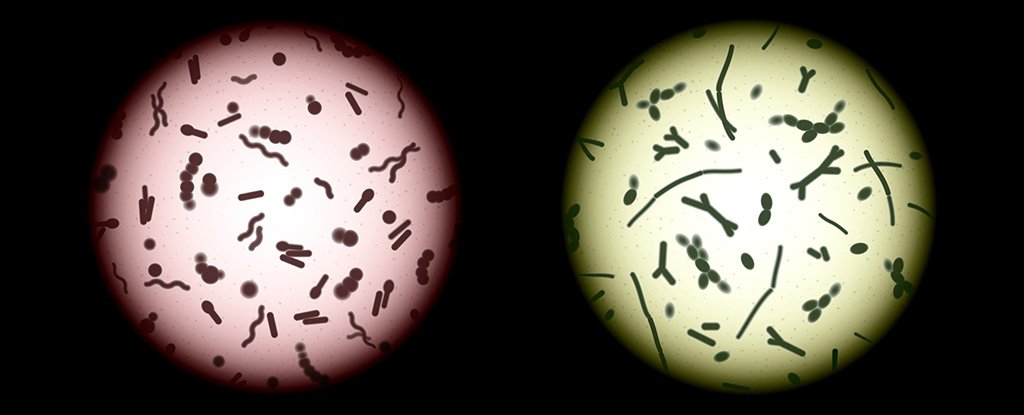Saffron Cassidy suffered from ulcerative colitis, a type of inflammatory bowel disease, for 15 years before she allegedly cured it using her partner’s poop.
“It’s been about three and a half years of having no symptoms whatsoever,” she told Yahoo Life. “And my colonoscopies show complete histologic remission.”
Now Cassidy has become an evangelist for the procedure known as fecal microbiota transplants (FMT). She has even made a documentary, Designer Shit: A Microbiome Love Story.
There are restrictions on the conditions doctors can treat using FMT, but a growing body of published work on FMTs holds promise for a range of disorders.
This has triggered several social media videos on how people can generate their own FMT products and administer the treatment in their own homes. However, this DIY approach carries significant risks.
FMT is the process of taking the feces of an apparently healthy person and transplanting it into the intestines of a recipient in the belief that repopulating the natural microbial ecosystem of a patient with that of another may help alleviate certain medical problems.
Although rooted in ancient Chinese medicine, modern FMT requires further scientific research to understand the mechanism of action and, more importantly, how to ensure the treatment is performed safely without risking introducing additional health issues to the recipient.
Over the last couple of decades, research into the human gut microbiome has given strong indications that the community of bacteria in our intestines are inextricably linked to both good health and poor health.
In the latter category, our microbiome has been linked with obesity, inflammatory bowel diseases, multiple sclerosis, depression, anxiety, autoimmune disease, sleep disorders, brain disorders such as Parkinson’s disease, and many more.
So before any FMT treatments can take place, the prospective donors undergo strict screening of their feces and blood for potentially harmful bacteria or viruses that may further harm the patient – both immediately and in the long run. DIY FMT does not have these safeguards.
frameborder=”0″ allow=”accelerometer; autoplay; clipboard-write; encrypted-media; gyroscope; picture-in-picture; web-share” allowfullscreen>
DIY approach lacks safeguards
In cases of DIY fecal transplants, the sufferers will often take poo samples from partners, family members, or close friends in the belief that they are healthy. But they will be unaware of any hidden factors that could cause further complications.
Unfortunately, these DIY “success stories” may lead to more people believing that they may be cured of afflictions through repeating the process, but there is no guarantee of success and a very real threat of complications in later years.
How many of us would dream of buying raw materials and taking the risk of trying to make our own medicines at home? Perhaps it is the familiarity of faeces that makes people see it differently from traditional medicine.
Yet it is unlikely that anyone would take the risk of picking a tablet at random from an unmarked box in the hope that it may cure them of a health problem. Yet using unscreened faeces for an FMT procedure is in essence just that.
Scientists are working hard alongside doctors to understand what is needed to be able to provide FMT for a wide range of potential treatments and getting closer every year to reaching this goal.
In the meantime, reports of DIY FMT are likely to increase as success stories are reported in the media. But the final message should always be clear that doing so is gambling with their health.
Lee Kellingray, Researcher, Translational Microbiome, Quadram Institute
This article is republished from The Conversation under a Creative Commons license. Read the original article.





